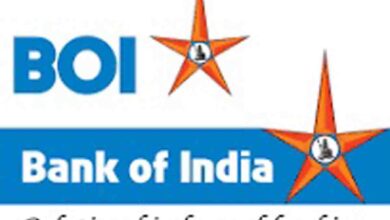CM applauds MCR’s strategy to tackle garbage related issues

PNS/DEHRADUN
The Municipal Corporation of Rishikesh (MCR) has recycled over 400 kilogrammes of plastic collected via plastic banks installed at key locations like ISBT, Triveni Ghat and Veerbhadra. The corporation also developed a Waste-to-Wonder Park within the municipal premises using discarded waste.Chief minister Pushkar Singh Dhami also appreciated the corporation for adopting the principle of reduce, reuse and recycle of Prime Minister Narendra Modi to tackle garbage related issues. The Rishikesh municipal commissioner Shailendra Negi said that being a spiritual hub and a prime destination for rafting and camping, Rishikesh witnesses a continuous influx of pilgrims and tourists throughout the year. This constant activity results in the generation of substantial amounts of plastic waste, posing a significant management challenge. Considering this, MCR took some innovative steps to address the issue. He said that plastic banks set up across the city were created using discarded plastic bottles and the corporation encouraged people to deposit empty bottles or other plastic waste into them. So far, this initiative has successfully recycled around 400 kilogrammes of plastic. The corporation will soon set up more plastic banks in areas such as Natraj Chowk, the transit camp and the railway station. Another standout project of MCR is the creation of a Waste-to-Wonder Park within the municipal premises. Negi said that the park is a testament to creative recycling, featuring swings and decorative items made from discarded tires, old street lights, bicycles and scooters. The corporation is also manufacturing benches, tree guards and more plastic bank boxes using recycled plastic, further promoting sustainable practices. He informed that MCR has also involved women self-help groups in its waste collection efforts to enhance efficiency and community engagement. Previously, the door-to-door garbage collection system generated user charges amounting to just Rs three lakh per month. However, entrusting the collection work to the women SHG called Triveni Sena has significantly boosted revenues to over Rs 13 lakh per month. Out of this, 25 per cent of the revenue is distributed to the women’s groups as profit, providing direct employment to approximately 250 women. Appreciating this initiative, Dhami said that he has instructed urban local bodies to adopt robust plastic waste management systems and has encouraged innovative approaches such as using QR codes to facilitate plastic returns. Municipalities demonstrating exceptional work in this field are also being rewarded by the government, he added.






